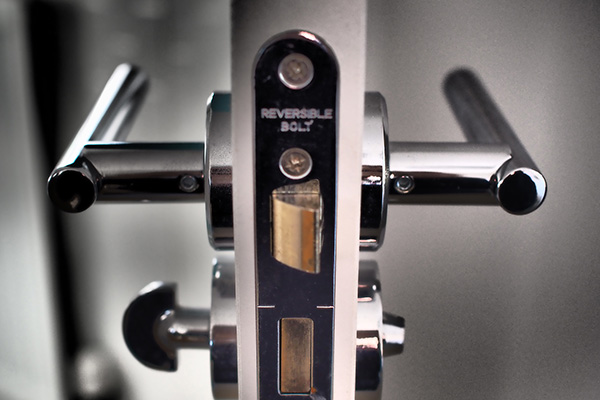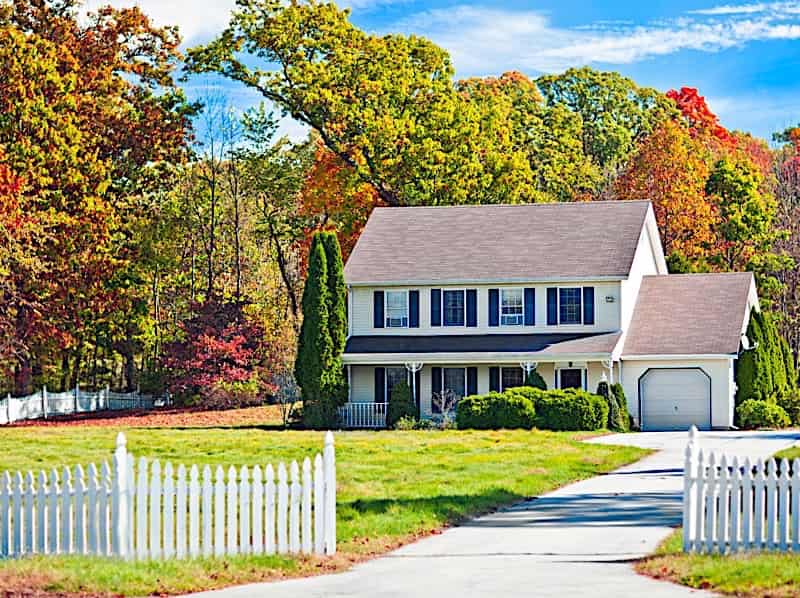Residential locks are designed to provide security and privacy for homes and other types of residential properties. They come in a variety of types and styles, each with its own set of features and benefits. One of the most common types of residential locks is the cylindrical lock, which uses a key to turn a cylinder, which in turn operates the latch or deadbolt. Another popular type is the deadbolt, which is a lock that can be locked or unlocked with a key from the outside and with a thumb turn on the inside. Lever handle locks and knob locks are also commonly used in residential settings. Smart locks, which can be controlled via a smartphone app or other smart device, are becoming increasingly popular as well. They often include additional features such as remote access and the ability to set temporary access codes for guests.
Regardless of the type of lock, it’s crucial for the homeowner to ensure that the locks are properly installed and maintained, as well as make sure that multiple copies of keys are not distributed excessively. It’s also recommended for homeowners to periodically change their locks as a security measure.
Residential locks come in a wide variety of types and styles, each with its own set of features and benefits. Choosing the right type of lock for your home depends on your individual security needs and personal preferences. Here is a breakdown of some of the most common types of residential locks:
- Deadbolts: These are among the most popular and secure types of locks for residential use. They are typically installed on the main entry doors and can be locked and unlocked by turning a thumb-turn on the inside or by using a key on the outside. Deadbolts come in single- or double-cylinder versions, with the latter requiring a key to open from both the inside and outside.
- Knob locks: These locks have a round knob or lever that is turned to open or close the lock. They are typically installed on interior doors and are not as secure as deadbolts. Some knob locks come with a built-in keyed deadbolt for added security.
- Lever handle locks: These locks have a lever handle that is used to open the lock, rather than a knob. They are typically used on interior doors and are not as secure as deadbolts. Like knob locks, some lever handle locks come with a built-in keyed deadbolt for added security.
- Smart locks: These locks use advanced technology and can be controlled through a smartphone app or a voice-controlled virtual assistant. Smart locks can be locked and unlocked remotely, and can also track who has come and gone from the home. Some smart locks even have built-in cameras and intercoms for added security.
- Mortise locks: This type of lock is set into a pocket or mortise in the door and is typically used on older homes. Mortise locks are more secure than knob or lever handle locks but are not as common today. They usually have a thumb-turn on the inside and a key on the outside to lock and unlock the door.
- Rim locks: These are surface-mounted locks that are installed on the inside of a door. They are typically used as a secondary lock in conjunction with a deadbolt. Rim locks are relatively easy to install and can be locked and unlocked with a key.
- Keyless entry locks: Keyless entry locks are an alternative to traditional locks that use keys. Instead, they are opened by inputting a code or using a biometric scan, such as a fingerprint. Keyless entry locks provide a convenient and secure way to control access to your home.
These are just a few of the many types of residential locks available on the market today. Before choosing a lock, it’s important to consider the level of security you need, the location of the lock, and any other features that you may want, such as remote control or keyless entry. Additionally, checking the standards compliance of the lock is recommended before making a purchase to make sure that it is tested and meets industry standards for security and durability.




